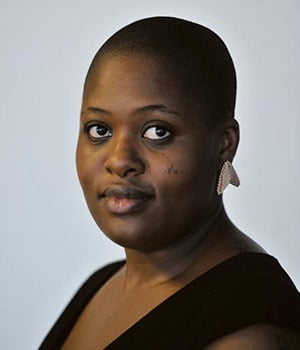
Perhaps last October, when various protests began to rally behind the clarion call of #FeesMustFall, it was acceptable simply to speak of “students” when speaking about the different, widespread movements at the country’s public tertiary intuitions.
This is despite the fact that student bodies are not monolithic and homogenous, and different campuses have different issues and complexities that do not disappear even when we speak of “students” as a collective.
We also know there are nuances in the relationships between campuses.
We’ve seen how women had different experiences of the various protest movements, and continue to do so, because of sexism and incidents of sexual assault from some fellow comrades and/or private security.
One of the key failings of the analyses of the protests has been a lack of thorough understanding of which players and interests exist within the broader student movements – the result being a shallow understanding of what is happening at institutions countrywide.
Furthermore, there increasingly seems to be an unwillingness to accept that there are all these various narratives and players. And it is unreasonable to expect that student protests – in complete contrast to any other mass movement in history – not be complicated, and have different interest and political groups be part of the same broader thing.
One of the key, but also largely ignored, developments on some campuses has been the matter of the legitimacy of the students’ representative councils (SRCs), particularly after the highly contested meeting at the Union Buildings last year with the president and other representatives, where there were questions about who had given the so-called students’ representatives in the room a mandate to be there.
Though it seems that student politics don’t matter, they become important when students decide to organise outside of SRCs and have a direct bearing on the ways in which current and future protests play out.
The other development has been the increasing presence of non-student bodies (including parents and mother-body political parties) on campuses, which are using the protests for their own interests in a real and tangible manner more obvious and urgent than the so-called third force we instead keep paying so much attention to.
It is admittedly easier to speak of a singular collective at all times. However, we can’t continue to do so when student movements are dynamic and characterised by great complexity. We must also be willing to do the work of making sense of it all.




 Publications
Publications
 Partners
Partners








